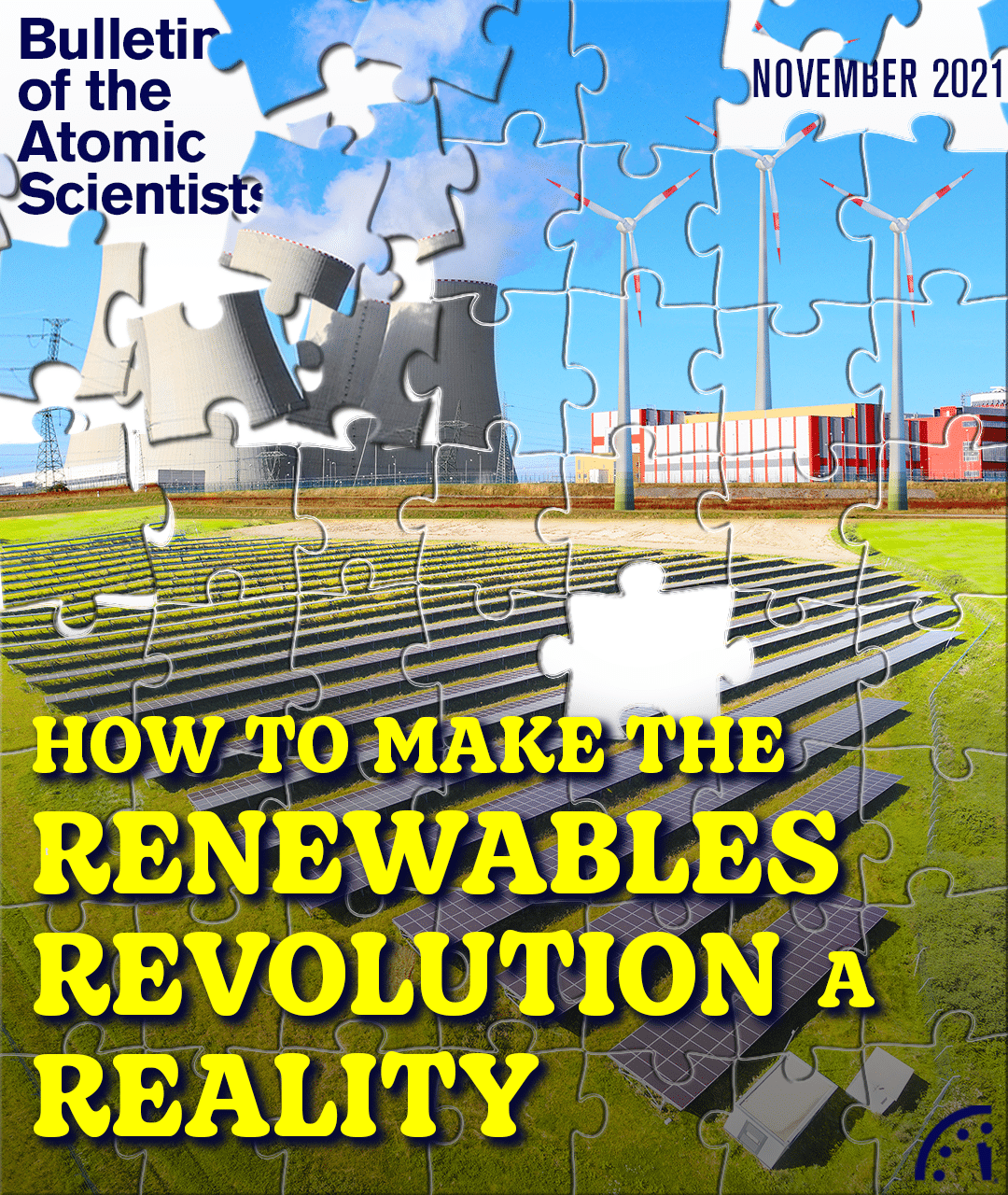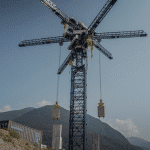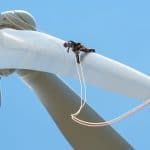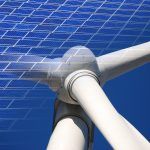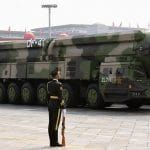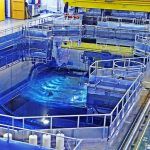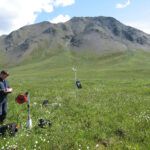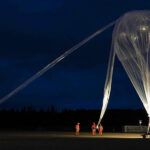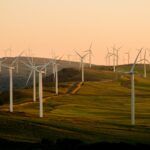Acknowledgments
Special thanks to Sydney Hamilton of George Washington University, for her research assistance with the article, which received support from the MacArthur Foundation.
References
Berger, A., T. Blees, F. Breon, B. Brook, P. Hanssen, R. Grover, C. Guet, W. Liu, F. Livet, H. Nifenecker, M. Petit, G. Pierre, H. Prevot and S. Richel, H. Safa, M. Salvatores, M. Schneeber, S. Zhou. “How Much Can Nuclear Energy Do About Global Warming?” International Journal of Global Energy Issues, Vol 40, Nos 1/2, 2017
Conca, J. “How the U.S. Navy Remains the Masters of Modular Nuclear Reactors.” Forbes. December 23, 2019. https://www.forbes.com/sites/jamesconca/2019/12/23/americas-nuclear-navy-still-the-masters-of-nuclear-power/?sh=3570cd0c6bcd
Ember, Global Electricity Review 6-month update: H1-2021. https://ember-climate.org/project/global-electricity-review-h1-2021/
Glaser, Alexander, M.V. Ramana, Ali Ahmad, and Robert Socolow. 2015. “Small Modular Reactors: A Window on Nuclear Energy .” An Energy Technology Distillate. Princeton, NJ: Andlinger Center for Energy and the Environment at Princeton University. http://acee.princeton.edu/distillates/small-modular-reactors/
Hansen J., K. Emanuel, C. Caldeira, and T. Wigley. 2015. “Nuclear Power Paves the Only Viable Path Forward on Climate Change.” The Guardian, December 3. https://www.theguardian.com/environment/2015/dec/03/nuclear-power-paves-the-only-viable-path-forward-on-climate-change
International Energy Agency (IEA). Energy Technology Perspectives 2020. https://www.iea.org/reports/energy-technology-perspectives-2020
IEA. Net Zero by 2050: A Roadmap for the Global Energy Sector. https://www.iea.org/reports/net-zero-by-2050
IEA. World Energy Outlook 2020
IPCC, 2018: Global Warming of 1.5°C. An IPCC Special Report on the impacts of global warming of 1.5°C above pre-industrial levels and related global greenhouse gas emission pathways, in the context of strengthening the global response to the threat of climate change, sustainable development, and efforts to eradicate poverty [Masson-Delmotte, V., P. Zhai, H.-O. Pörtner, D. Roberts, J. Skea, P.R. Shukla, A. Pirani, W. Moufouma-Okia, C. Péan, R. Pidcock, S. Connors, J.B.R. Matthews, Y. Chen, X. Zhou, M.I. Gomis, E. Lonnoy, T. Maycock, M. Tignor, and T. Waterfield (eds.)]. In Press
Lovins, Amory B.. “Does Nuclear Power Slow or Speed Climate Change,” Forbes. November 18, 2019. https://www.forbes.com/sites/amorylovins/2019/11/18/does-nuclear-power-slow-or-speed-climate-change/?sh=2f52f00506b4
Makhijani, Arjun, M.V. Ramana. “Can Small Modular Reactors Mitigate Climate Change?” The Bulletin of Atomic Scientists. July 21, 2021. https://thebulletin.org/premium/2021-07/can-small-modular-reactors-help-mitigate-climate-change/
Massachusetts Institute of Technology. The Future of Nuclear Power, 2003. Available at: https://web.mit.edu/nuclearpower/
Schneider, Mycle, Antony Froggatt. World Nuclear Industry Status Report 2020 https://www.worldnuclearreport.org
Schneider, Mycle, Antony Froggatt. World Nuclear Industry Status Report 2021 https://www.worldnuclearreport.org
Squassoni, Sharon A. “Nuclear Energy: Rebirth or Resuscitation.” Carnegie Endowment for International Peace, 2009. https://carnegieendowment.org/2009/02/13/nuclear-energy-rebirth-or-resuscitation-pub-22749
Squassoni, Sharon A. “The Incredible Shrinking Nuclear Offset to Climate Change.” The Bulletin of Atomic Scientists.73:1, 17-26.
United Nations 1987. Report of the World Commission on Environment and Development: Our Common Future
Weisman, Steven R. “India’s Nuclear Energy Policy Raises Doubts on Arms.” New York Times. May 7, 1988. https://timesmachine.nytimes.com/timesmachine/1988/05/07/issue.html

